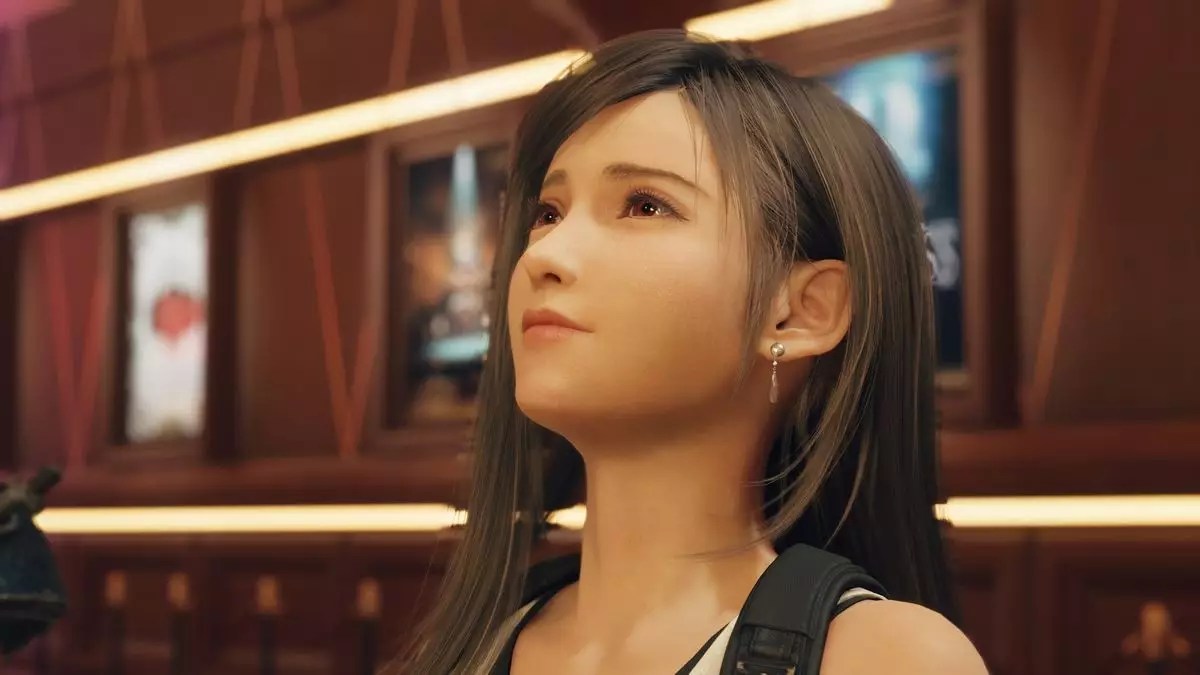In an era punctuated by unexpected layoffs and industry upheaval, Naoki Hamaguchi, the esteemed director of Final Fantasy 7 Rebirth, highlights the profound importance of team cohesion. His reflections shed light not only on the triumphs experienced with his team over a decade but also suggest a critical conversation about the intricate dynamics of game development today. As the gaming industry grapples with evolving technologies and increased player expectations, the experience and camaraderie within gaming teams have never been more indispensable.
During recent interviews, particularly at the Golden Joysticks Awards 2024, Hamaguchi shared a candid analysis of his team’s journey throughout the Remake trilogy. He emphasizes the collective growth and the invaluable knowledge they have amassed together, which is essential for meaningful game development. Reflecting on their experiences, he notes, “We’re still working on the third game—that’s not finished yet.” This statement may reveal not only their dedication to completing the trilogy but also hints at careful planning for what comes next.
Hamaguchi’s assertion regarding the completion of the trilogy underscores a sense of continuity and commitment to quality—two crucial pillars in a landscape where projects often shift direction or lose focus. As the team prepares for the finale, there is an unspoken understanding that their accomplishments thus far will serve as a sturdy foundation for future endeavors.
Navigating Industry Challenges
Another poignant aspect of Hamaguchi’s dialogue touches on the turbulent environment of the gaming industry, characterized by significant layoffs and studio acquisitions. He posits that the surge in acquisitions often stems from a need for expertise amidst rising development costs and expectations. In essence, larger companies seek experienced teams rather than attempt to build new capabilities from the ground up—a practice that can prove time-consuming and fraught with setbacks.
Hamaguchi’s perspective raises critical considerations about the nature of talent retention in today’s market, where the combined knowledge scattered across multiple studios often holds greater value than individual studio identity. His comments suggest a paradigm shift where the collective experience becomes a critical asset, allowing teams to navigate complex challenges and deliver high-quality, innovative games.
Looking toward the horizon, Hamaguchi admittedly expresses uncertainty about the team’s next project after the trilogy is complete. “It could be the next numbered Final Fantasy or something entirely new,” he contemplates, showcasing an openness to explore various directions. This uncertainty is not a weakness but rather an intriguing opportunity for exploration and creativity. The freedom to innovate often breeds the most passionate and original content, which can resonate deeply with players.
What’s more, Hamaguchi’s enthusiasm about future projects speaks to the notion of growth not merely as a team but as a creative entity eager to take risks and explore uncharted territories. The willingness to consider new endeavors—whether rooted in established franchises or entirely different concepts—points to a progressive attitude that can inspire not only the team but also the players and fans eagerly awaiting each release.
Naoki Hamaguchi’s reflections on teamwork and industry dynamics provide an insightful framework for understanding the complexities of modern game development. His recognition of the enduring value of a cohesive, experienced team amidst a turbulent landscape reveals how critical collaboration has become. As the Final Fantasy 7 team prepares to unveil its next chapter and ponder future ventures, it stands as a testament to how cooperation, shared vision, and expertise can drive not only successful projects but also innovations that redefine gaming culture.
In an industry where change is the only constant, maintaining strong connections within teams emerges as a crucial factor that could ultimately chart the course for the next era of gaming. Whether through continuing established franchises or venturing into new realms, the journey ahead is set to be an exciting one, fueled by the lessons learned and the unbreakable bonds formed over a decade of collaboration.


Leave a Reply